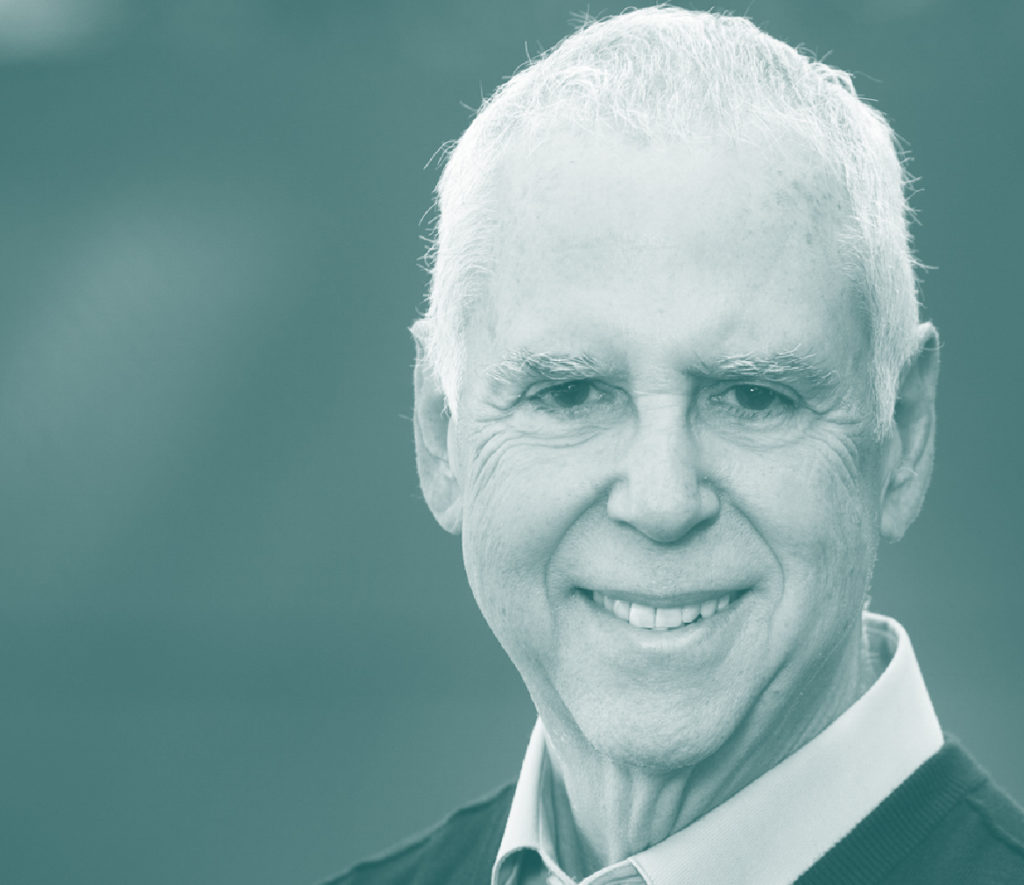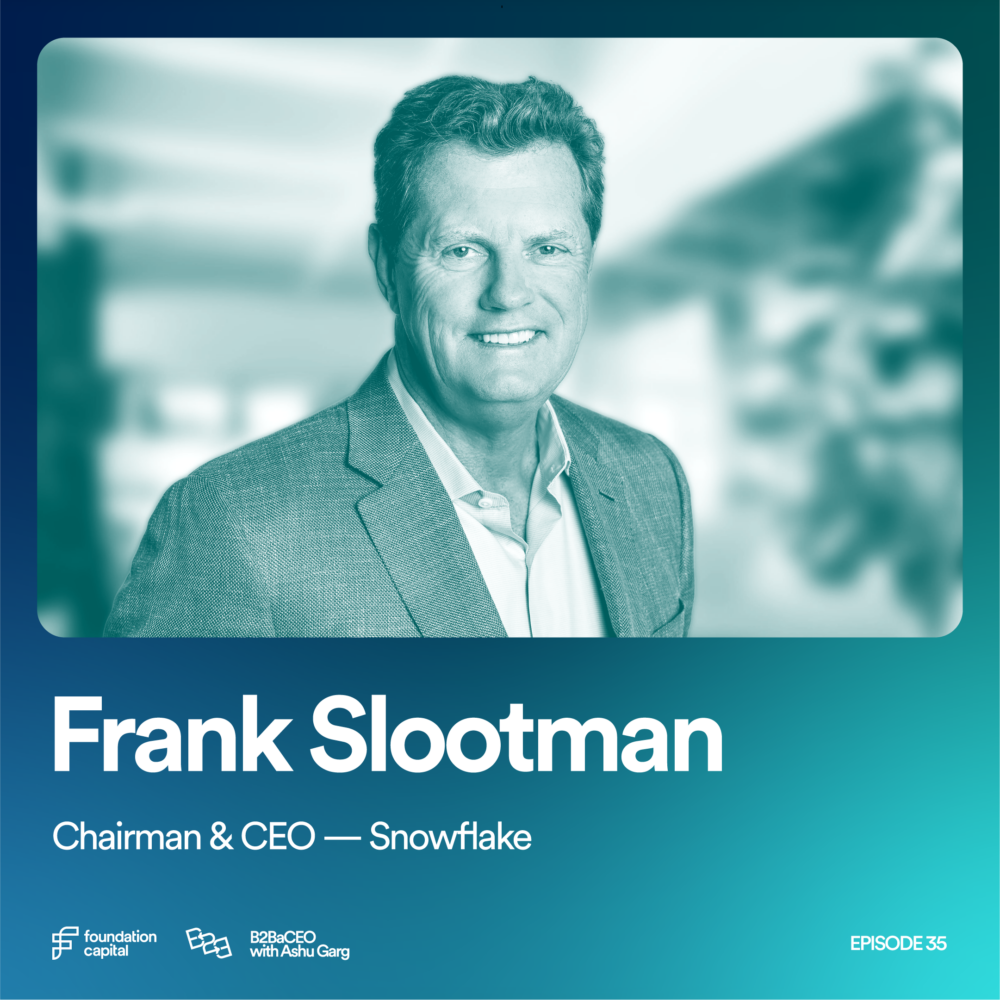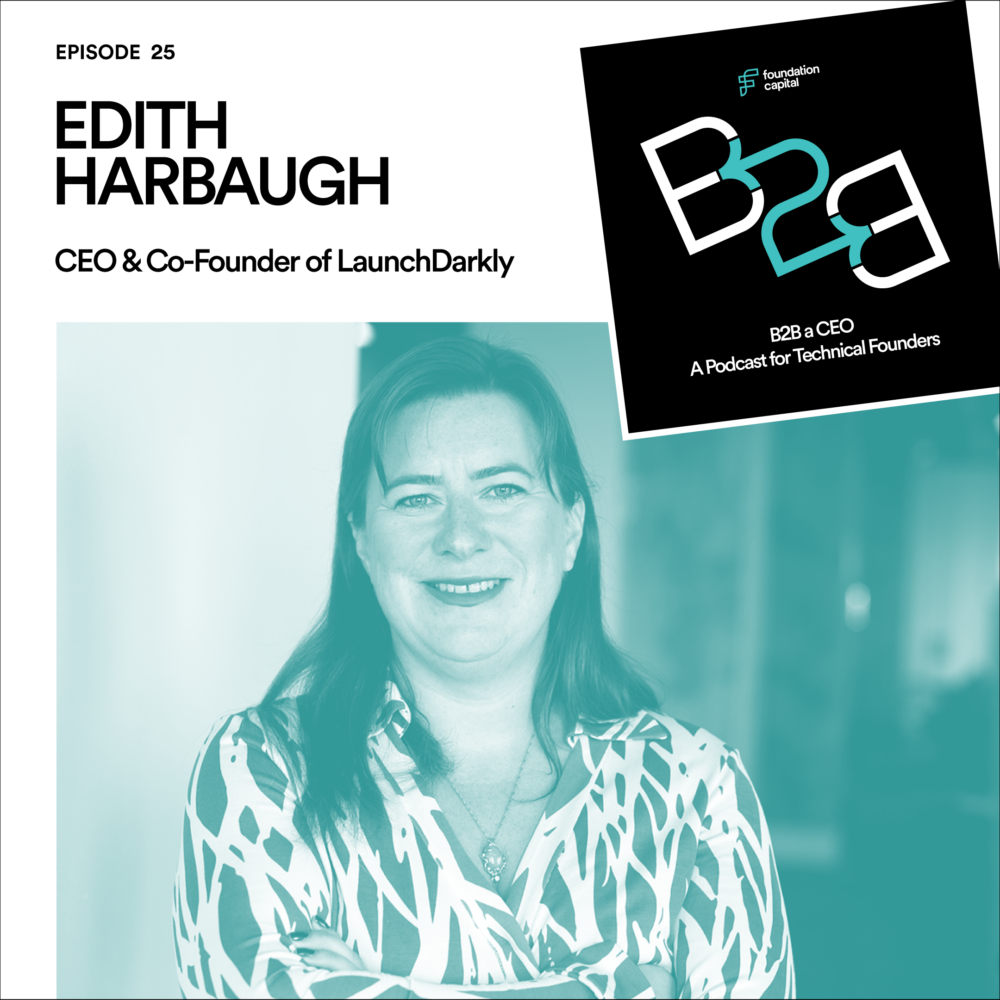Episode 19 – Part 1/2
How to Manage Your Board and Everything Else
With Mark Leslie, Managing General Partner at Leslie Ventures
By Ashu Garg
03.18.2020

Mark Leslie is the founder & CEO of Veritas Technology, a company he grew from an idea to a Fortune 100 powerhouse worth over $1B in revenue. My interview with Mark was so full of wisdom that we decided there was enough material for at least two episodes. In this first episode, I get into the weeds with Mark on topics ranging from how to manage your board, to pricing and sales, to annual planning. It’s a can’t-miss for all CEOs or CEO-hopefuls!
I. The Recap
Mark Leslie is the founder & CEO of Veritas Technologies, a company he grew from an idea to a Fortune 100 powerhouse worth over $1B in revenue. My interview with Mark was so full of wisdom that we decided there was enough material for at least two episodes. In this first episode, I get into the weeds with Mark on topics ranging from how to manage your board, to pricing and sales, to annual planning.
Mark has been on 50 public and private boards in his career. When it comes to managing the board as a CEO, he has a few thoughts:
- The job of setting the company’s direction and strategy belong to management, not the board. You lead the board, you don’t follow the board — Board members spend only limited time with immersing themselves within the company. They don’t know much about the day-to-day. By blindly following the board’s advice, you can potentially set yourself up for failure. In Mark’s words, “If you don’t do what the board tells you to do, you may or may not get fired. But if you do do what the investors and the board tells you to do, you will definitely get fired.”
- It’s more important to work with the right VC than to secure maximum dollars — Whom do you trust? With whom do you have affinity? If this is not the investor with the best term sheet, there is always the option to negotiate to fill the gap.
One of my most memorable moments with Mark was the time he stopped a board meeting to give a mini-lecture on pricing to the CEO. Pricing is not deterministic in the way that engineering is, so it takes discipline and creativity. I pushed him to repeat this lesson to the best of his ability on the podcast.
Here are the basics:
- The minimum cost is the COGS — The maximum is the most someone is willing to pay.
- Consider the elasticity of the marketplace — At what price will the most people show up? This can help narrow your range.
- In the beginning, it doesn’t matter what the price is — The profit you gain from an early transaction is learning a lesson and gaining a user base. But as time goes on, you must tweak the range to determine what does and does not work.
- Try the “Blink Test” — Keep raising the price until someone stops you to say, “Wait a minute. That’s too much money.”
- Pricing cannot be optimized for every corner case — You may be creating massive value in some cases while only charging for one seat. But the structure of most customers’ payment plans must be appropriate.
Mark’s advice for crafting a forward-looking plan for small companies:
- Use a six-month plan, not a 12-month plan — This is especially true for small companies. Most long term forecasts are complete guesses. So, until you can nearly predict the way things will look year from now, stick to shorter time frames.
- Stay conservative — It’s better to under-promise and over-perform. Raising the next round is a lot harder if you promised nine million and delivered eight than if you promised seven million. You may have to fight with the board on January 1st to keep the forecast low, but that’s absolutely preferable to fighting with them on December 31st when you don’t hit your target.
Of course, if you promise lower than your potential, the board may be hesitant to fund your sales force expenditures. When strapped for resources, here’s how to go from zero to a productive sales force.
- Sales force salaries are market driven — Figure out what you need to do to make your sales team more successful. For example, are there additional tools and resources that can be added to accomplish your goals?
- Once you achieve margin and productivity that you feel is scalable — hit the gas.
- When it comes to commission, pay for what’s important — The compensation plan you choose should incentivize the right metrics and it should fit on a 3×5 index card.
Published on 03.18.2020
Written by Ashu Garg


